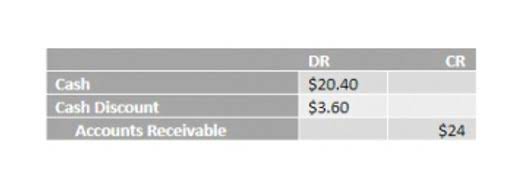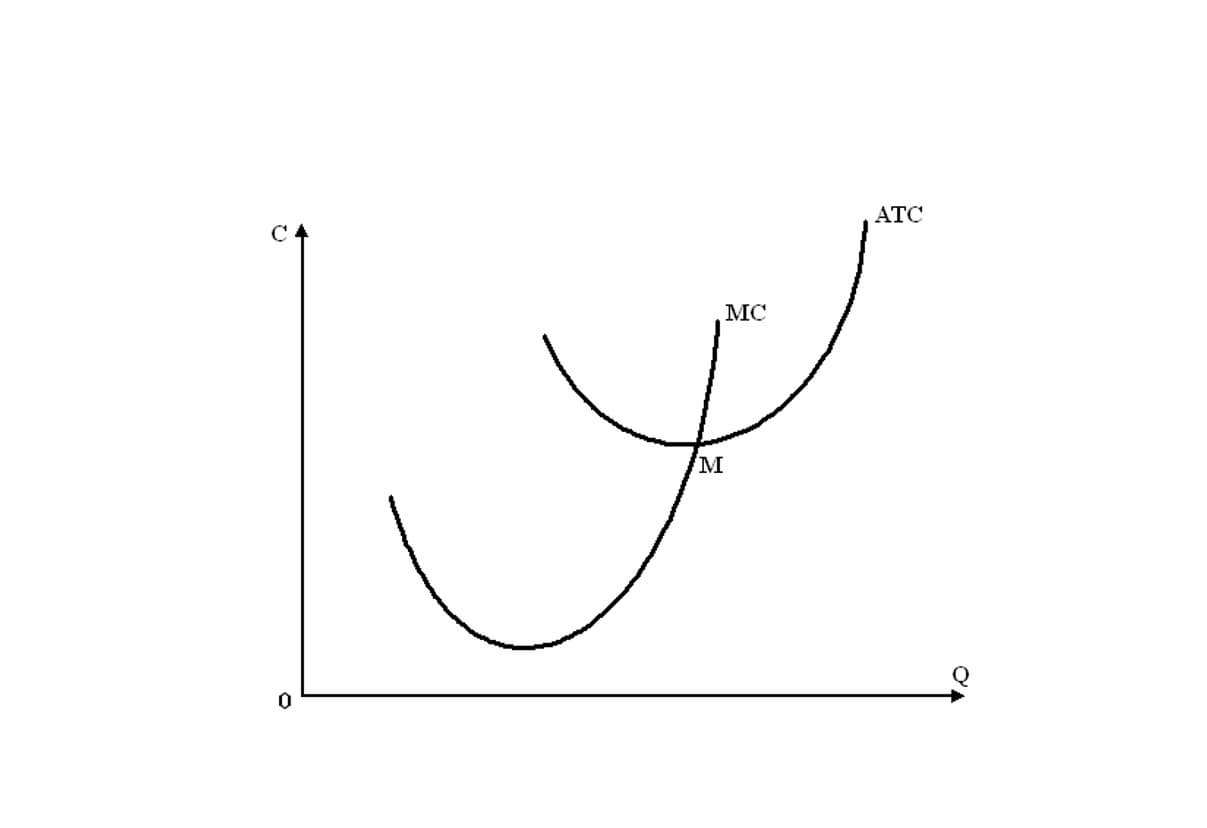GAAP Accounting Principles: Your Guide To Financial Reporting Mastery

GAAP combines authoritative standards set by policy boards and widely accepted methods for recording and reporting accounting information. It covers revenue recognition, balance sheet classification, and materiality. GAAP is the set of accounting guidelines used for every publicly traded company in the United States. It is comparable to the International Financial Reporting Standards (IFRS) that many non-U.S. While U.S. companies only need to follow GAAP domestically, if internationally traded or operating with a significant international presence, they often must adhere to the IFRS as well. Essentially, this principle requires accountants to report financial information https://x.com/BooksTimeInc only in the relevant accounting period.
How Ramp helped Quora’s finance team streamline operations, simplify AP, and stay lean
I’ll help automate your work and unstick your career with straightforward guides and case studies. Navigating the world of GAAP can sometimes feel like decoding a secret language. Let’s break down some of the core principles of GAAP with real-life examples, personal anecdotes, and, of course, a touch of humor to keep things interesting. By carrying out regular audits, you can ensure you face no surprises when first dealing with these important stakeholders. Galstyan suggests establishing an audit committee to manage your accounting division and ensure there are enough personnel and resources to handle GAAP compliance. Your financial information should not be misleading but objective and verifiable.

When do businesses need to follow GAAP?
In other words, it’s always important to read the fine print, even — or maybe especially — in your financial statements. Whenever a generally accepted accounting principle makes it into the news, it is almost without fail the full disclosure principle. Or, more specifically, it’s because of failure to follow the full disclosure principle. You can find more detailed information about financial reporting rules and conventions on the websites of the Financial Accounting Standards Board (FASB) and the Securities and Exchange Commission.
Best Excel Courses For Finance And Accounting In 2024

By relying on FASB rules, everyone from businesses to governments uses a unified, strong accounting method. The GAAP disclosure principle implies that information needed by anyone assessing the organization’s financial standing be included in the reporting of the organization’s financial status. GAAP ensures the key topics of revenue recognition, balance sheet classification and materiality are easy to understand across all documents from all companies. Domestic U.S. companies whose securities trade on public exchanges must use GAAP guidelines, as do businesses operating in regulated industries.

GAAP changes as needed to keep investor trust strong in America’s economy. For investors, creditors, and anyone else looking to get involved with a company, GAAP-compliant financial reports are a sign of integrity and reliability. They tell you that the company isn’t just making up its success; it’s showing its true colors. This level of transparency is crucial because it allows for informed decision-making. Whether you’re considering investing in a company, lending it money, or even just studying it for a class project, knowing that its financial statements are GAAP-compliant gives you a solid foundation to work from. Even if your tax return is on a cash basis, your accountant may prepare your financial reports on an accrual basis.

Generally Accepted Accounting Principles (GAAP)
Though only regulated and publicly traded businesses are legally obligated to follow GAAP, some private companies also choose to meet the same standards in financial statements. In the United States, business accountants must follow specific rules — called Generally Accepted Accounting Principles (GAAP) — when reporting business financials. The Generally Accepted Accounting Principles are the authoritative standards and rules that govern financial accounting and reporting by businesses based in the United States. This ensures that their financial statements are clear and protects those investing in them. Imagine GAAP (Generally Accepted Accounting Principles) as the well-established, detail-oriented character in our story, rooted deeply in the American business landscape.
What Kind of Financial Reporting Requirements Does GAAP Set Out?
- Under IFRS, R&D costs are considered capital investments that can be amortized over multiple periods if certain conditions are met.
- He is an expert on personal finance, corporate finance and real estate and has assisted thousands of clients in meeting their financial goals over his career.
- All 50 state governments prepare their financial reports according to GAAP.
- For more information on how Sage uses and looks after your personal data and the data protection rights you have, please read our Privacy Policy.
- Companies on U.S. exchanges to provide GAAP-compliant financial statements.
Integrity Network members typically work full time in their industry profession and review content for Accounting.com as a side project. All Integrity Network members are paid members of the Red Ventures Education Integrity Network. Accounting.com is committed to gaap is concerned with making sure that financial reports are delivering content that is objective and actionable.

Implement GAAP-compliant practices
- Selecting the right technology tools is crucial for maintaining efficient and accurate financial reporting processes.
- The goal of the four main principles of GAAP is to create a method of accounting that is consistent, clear, and comparable.
- This is particularly important because the timing of revenue recognition directly impacts a company’s bottom line.
- This level of transparency is crucial because it allows for informed decision-making.
- They’re the ones mixing the tracks, ensuring everything flows smoothly, and occasionally dropping a new beat that gets everyone talking.
- Although exact GAAP requirements may vary depending on the industry, it is necessary to adhere to the principles at all times.
- Accrual basis accounting dictates that transactions must be recorded in the period they occur, rather than when funds are received or disbursed.
Though it was the acting authoritative body on nationwide accounting standards from 1959 until 1973, most guidelines and rules created by the APB have now been amended or superseded by FASB statements. Though private companies and nonprofit organizations aren’t strictly required to follow GAAP in their reporting, establishing this standard early keeps doors open for financing, from both equity and debt sources. For ease of analysis (and proper apples-to-apples comparisons), many lenders will require annual financial information to be prepared according to GAAP as part of their lending agreements. On the equity side, investors are commonly advised to be extremely cautious of companies whose financial https://www.bookstime.com/ statements are not prepared using GAAP.










